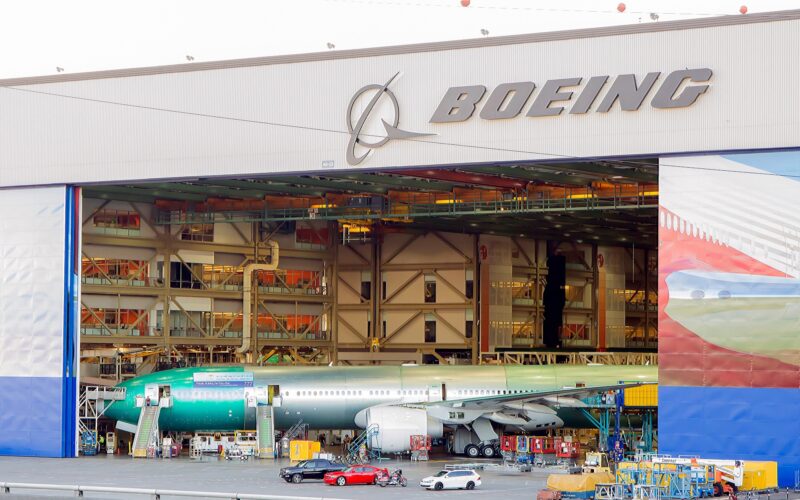A report commissioned by the Federal Aviation Administration (FAA) to look at the culture of safety at Boeing in response to the two 737 MAX 8 fatal crashes in 2018 and 2019 has led to 53 recommendations.
On March 1, 2023, an expert panel convened for the first time at the FAA headquarters in Washington, United States, and set out to produce a report that focuses on safety culture, safety management systems (SMS) and Organization Designation Authorization (ODA), while also “evaluating other topics of concern for the safety of the flying public”.
The expert panel was assembled from across the aviation industry with manufacturers, airlines and unions all represented.
As part of its work the panel looked at more than 4,000 pages of Boeing documents, conducted 250 interviews and held meetings with Boeing employees across six sites.
The 50-page report was published on February 26, 2024, with the FAA in response stating that it will “immediately begin a thorough review of the report and determine next steps regarding the recommendations as appropriate”.
Report findings
In its reports the panel said it observed a “disconnect” between the senior management at Boeing and the other staff members on “safety culture”.
Interviewees, including ODA Unit Members who are authorized by the FAA to carry out functions at an organization or company such as issuing certificates, questioned whether safety systems at Boeing enabled “open communication” and “non-retaliation”.
The panel found Boeing’s SMS reflected those set out by the International Civil Aviation Organization (ICAO) and the FAA, however, Boeing’s safety procedures are not structured in a way that all employees understand their role.
The panel highlighted procedures and training as “complex” and being in a “constant state of change” creating confusion.
Although the panel noted that restructuring of the ODA management signaled the “independence” of UMs there were still opportunities for retaliation, “particularly with regards to salary and furlough ranking”.
“This influences the ability of the UMs to execute their delegated functions effectively,” the report stated.
The report also suggested that there was a lack of input in the aircraft design and operation from pilots.
Next steps for Boeing
In total, the panel set out 27 findings in its report that was completed in February 2024.
While the report said the investigation was not about any incident or accident during its work on “several occasions” serious quality issues with Boeing products became public.
Among the 53 recommendations the panel said Boeing should “develop measures and metrics for personnel awareness of SMS efforts with particular attention to site-by-site variation”.
It also said that Boeing should “tailor documentation and processes associated with safety programs, so they are clearly understood and followed by employees at all levels of Boeing”.
The report advised Boeing that within six months it should review the report’s recommendations and develop an action plan that “comprehensively” addressed each recommendation.
“The FAA appreciates the hard work and dedication of the expert panel members who completed this extensive review in preparing this report […] We will continue to hold Boeing to the highest standard of safety and will work to ensure the company comprehensively addresses these recommendations,” the FAA said in response to the report.
Boeing responds
In reply to the report a spokesperson for Boeing said: “We’ve taken important steps to foster a safety culture that empowers and encourages all employees to share their voice. But there is more work to do. We will carefully review the panel’s assessment and learn from their findings, as we continue our comprehensive efforts to improve our safety and quality programs.”
Boeing’s safety procedures have been under increased scrutiny since an Alaska Airlines Boeing 737 MAX 9 plug door separated from the aircraft on January 5, 2024.

